Posted by PuertoMadero in asides, Blog, Featured Articles | 1 Comment
Lago brota de la nada en Túnez
.
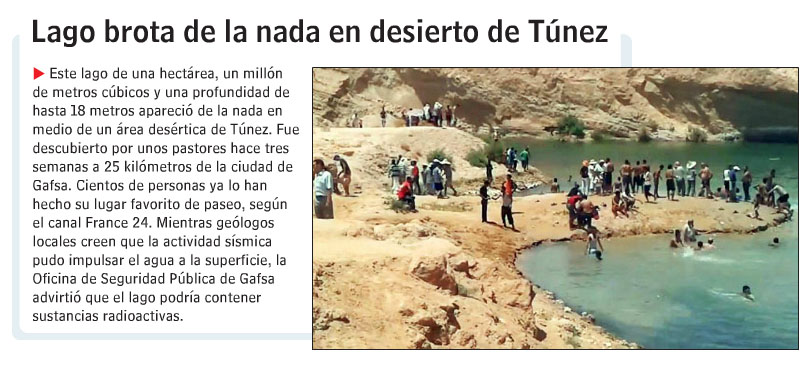
LUN.COM
.
Lago misterioso aparece en el desierto de Túnez.

Playa de Gafsa.- Un lago que apareció repentinamente en medio de un área conocida por las sequías se ha convertido en la más nueva atracción de Túnez.
El lago fue descubierto por algunos pastores hace tres semanas, pero sus orígenes siguen siendo desconocidos. Un geólogo local cree que se puede deber a algún sismo, que creó una grieta por la que entró agua.
Hace dos semanas que fue descubierta, las autoridades advirtieron a los pobladores que el lago era peligroso y no apto para nadar.
El lago, que algunos han descrito como un milagro y otros como una maldición, contiene un millón de metros cúbicos de agua, y se cree que tiene entre 9 y 18 metros.
http://www.provincia.com.mx/lago-misterioso-aparece-en-el-desierto-de-tunez/
.
Lake mysteriously shows in drought-torn Tunisia
Hundreds enjoy new lake despite warnings that the water might be radioactive
by David Strege

Local shepherds in the drought-stricken region of Gafsa in the African country of Tunisia recently stumbled upon an incredible and mysterious sight: a beautiful lake, which emerged out of nowhere.
Some locals are calling it a miracle. Others are calling it a curse.
Hundreds of people are flocking to the new lake dubbed Gafsa Beach (a.k.a. Lac de Gafsa) to go swimming, diving, and scuba diving, or to simply find relief from the heat, this despite warnings by local authorities who claim the lake could be radioactive.

Public Safety director Hatef Ouigi told France 24 that the warning was a cautionary measure until experts can verify the water is not contaminated.
The lake, which covers 2 1/2 acres and is 32 to 59 feet deep, was discovered three weeks ago and already has its own Facebook page showing people enjoying the water, but officials are at a loss to explain its origins.

Lakhdar Souid, a journalist in the region,told France 24 that he contacted a geologist from Gafsa’s college of science in an attempt to find an answer.
One of the theories presented to him was that seismic activity upset the water table, causing groundwater to rise to the surface, Souid said.
“For the time being, the origins of this lake remain a mystery, but our biggest concern right now is the quality of the water,” Souid told France 24. “This region is overflowing with large deposits of phosphate, which can leave behind radioactive residue [phosphate mining is the region’s main industry].
“So, there is a real risk that this water is contaminated and carcinogenic. On the first few days, the water was a clear, turquoise blue. Now, it is greenish and filled with algae, sure signs that the water is stagnant, which means it’s a perfect breeding ground for parasites and disease.”
Unfortunately, the warnings weren’t enough to keep people away.
“The site is certainly stunning and there are many large rocks perfect for diving,” Souid told France 24. “So to truly dissuade people from coming, we’ll need something more convincing than a little warning.”
Let’s just hope Gafsa Beach turns out to be a blessing and not a curse. Only time will tell.
More from GrindTV
Hammerhead shark gives swimmers a scare
Photographer catches parting of the storm

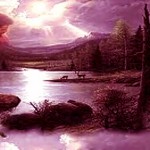
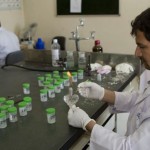




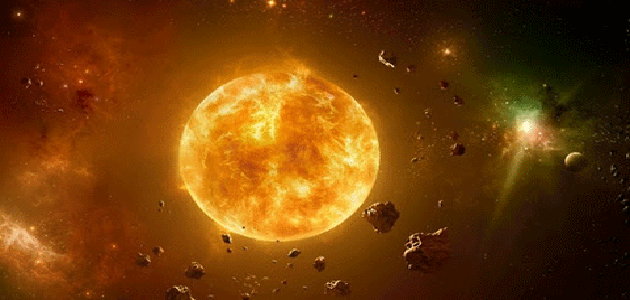

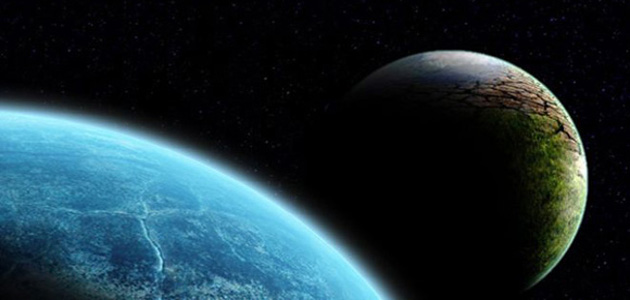

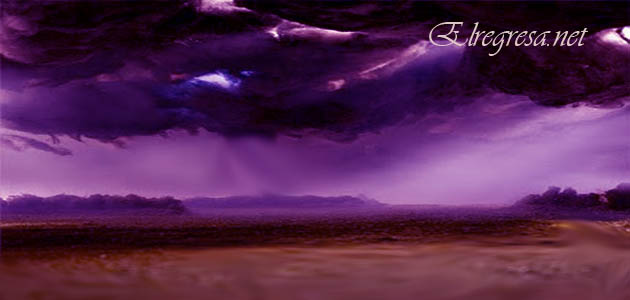




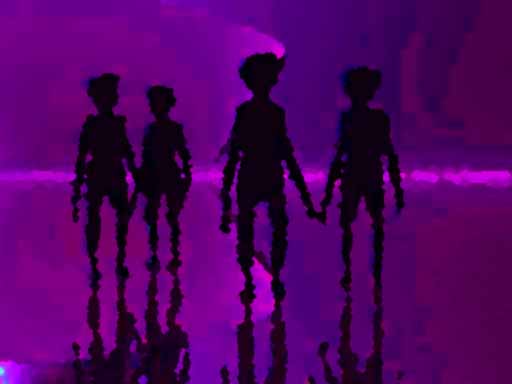



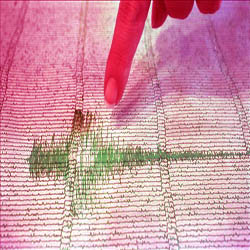
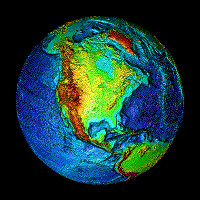









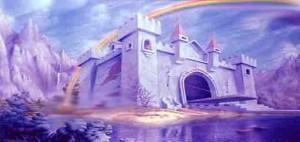



Los insensatos nadan sin saber como está ésta agua, debida a sismos que abren la tierra, es muy peligroso.